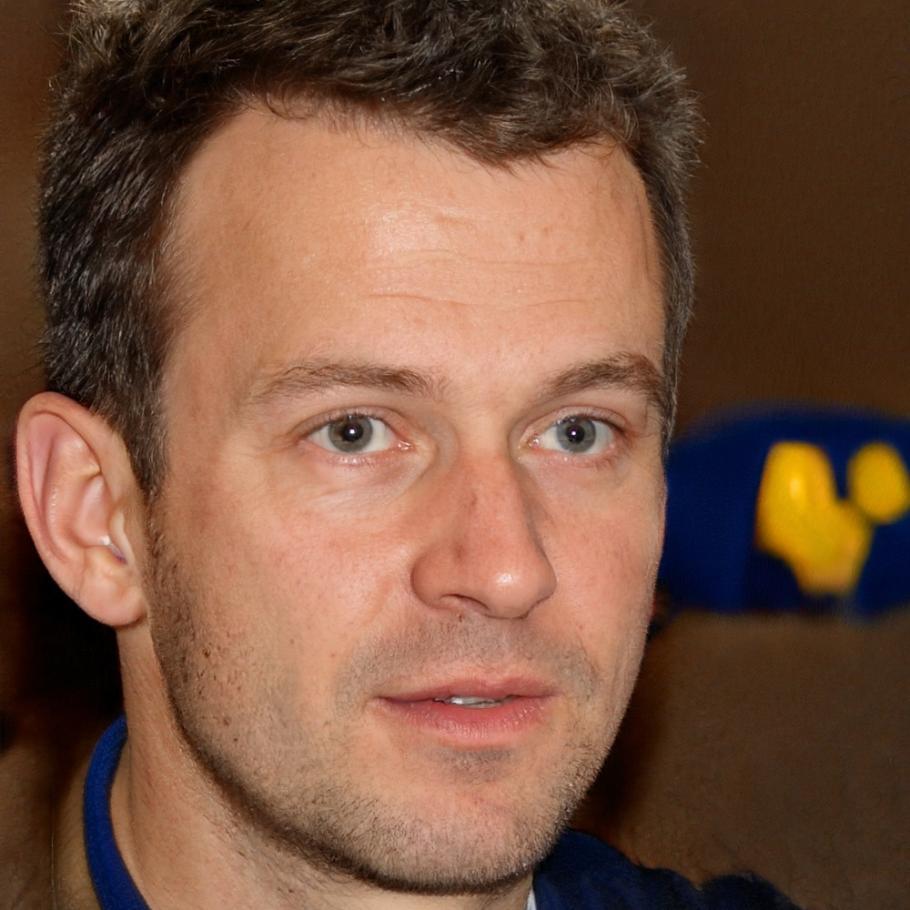Budget Negotiation Training
Master the skills that help you advocate for resources, make stronger business cases, and navigate financial conversations with confidence.
We've noticed something after working with dozens of professionals across different sectors. Most people feel uncomfortable during budget discussions. Not because they don't understand their needs, but because they've never been taught how to frame those needs in financial terms.
Our program focuses on practical communication techniques. You'll learn to translate project requirements into budget language, understand how decision-makers evaluate requests, and present financial information in ways that resonate. This isn't about manipulation—it's about clarity and mutual understanding.
Classes run throughout 2025, with our next intake starting in September. We keep groups small because negotiation practice requires personalized feedback.

Darren Kowalski
Budget Strategy
Spent twelve years in municipal finance before switching to education. Knows what it's like to be on both sides of a budget request.

Siobhan Meagher
Financial Communication
Worked in procurement and vendor relations for healthcare organizations. Understands how budget constraints affect operational decisions.
Learning from People Who've Done the Work
Our instructors have sat through countless budget meetings. They've prepared proposals that got approved and ones that didn't. That experience shapes how they teach.
Darren often shares a story about a failed funding request early in his career. He had all the right data but presented it in a way that made the finance committee defensive. That moment taught him more about budget negotiation than any textbook could.
Siobhan brings a different perspective from the healthcare sector, where budget conversations often involve competing priorities and limited resources. She's good at helping students understand the emotional component of financial discussions.
- Role-playing exercises based on real scenarios from Australian organizations
- Feedback sessions that identify communication patterns you might not notice yourself
- Practice with different budget formats and approval processes
- Small group discussions where you can test approaches in a supportive environment
We don't promise that you'll suddenly love budget negotiations. But you'll probably feel less anxious about them. And you'll have specific techniques to fall back on when conversations get tricky.
Program Structure
Eight weeks of evening sessions, running twice weekly. Designed for working professionals who need flexible scheduling.

Upcoming Schedule
Next Intake: September 8, 2025
Sessions: Tuesdays and Thursdays, 6:30 PM – 8:30 PM AEST
Format: Live online with group size capped at 16 participants
Location: Virtual sessions accessible across Australia

